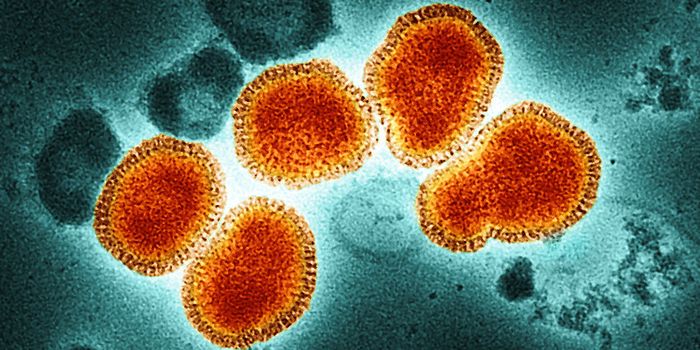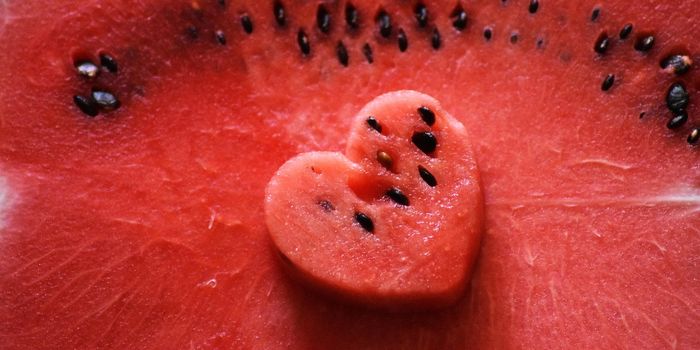Diet Intervention Generates Lasting Immunity in Vaccine Strategy
Millions of deaths each year are associated with dehydration and malnutrition due to diarrhea. Unfortunately, there are currently not vaccines to prevent many diarrheal diseases. Many are caused by bacteria including Escherichia coli (E. coli), and patients must rely on medicine which either kills the pathogen or neutralizes it while allowing it to remain in the body. Interestingly, in the case that the body neutralizes the bacteria, it can still be transmitted because it remains active without the symptom of diarrhea.
Recently, a paper published in Science Advances by Dr. Janelle Ayres and colleagues from the Salk Institute reported success of lasting immunity by combining specific diets with bacteria which cause disease. The pairing of diet and bacteria led to the absence of disease in mice. This established a novel approach to treatment of diarrheal diseases through vaccination.
Ayres and colleagues previously discovered that bacteria could invade an individual’s cells, but that individual would not have any symptoms of disease. This phenomenon was known to be called an “asymptomatic infection”. The research group demonstrated that mice with an iron-rich diet could survive a lethal bacterial infection with no symptoms of illness. This outcome suggested that the immune system might be involved due to the lack of symptoms. It has never been determined how to generate lasting immunity against bacteria, such as E. coli. Possible lasting immunity motivated the Ayres Lab to investigate the mechanism further in their current paper.
To determine lasting immunity mice were given either an iron-rich diet or a normal diet and then injected with a lethal dose of bacteria. The researchers found the same asymptomatic infection phenomenon as before. After iron-rice diet mice were shown to have immunity against the bacteria, they were put on a normal diet and maintained durable lasting immunity. Additionally, these same mice were given another injection of bacteria on a normal diet and remained asymptomatic. These findings indicate that the immune system recognizes the bacteria after it was already exposed to it previously, while on an iron-rich diet. More importantly, it shows that with the correct diet at the time of vaccination or bacterial injection, an individual can become immune to a disease. Ayres and colleagues for the first time demonstrate the relationship between a lethal bacterial infection and asymptomatic immunity through diet.
Ayres and colleagues concluded that an iron-rich diet, with a functioning immune system, can prevent bacterial infection symptoms during active infection. Although this study has not been confirmed in human patients, it provides insight into possible therapeutic strategies for the future. However, these findings have major implications for the field of infectious diseases. The results could help reduce disease incidence by educating people, with increased exposure to bacterial infections, to maintain an iron-rich diet. Moreover, these findings can help generate vaccine strategies in which bacterial vaccines can be given to individuals on an iron-rich diet and prevent them from getting bacterial infections with deadly symptoms. Overall, the results may have life-changing effects by providing individuals with a preventative strategy for bacterial infection.








